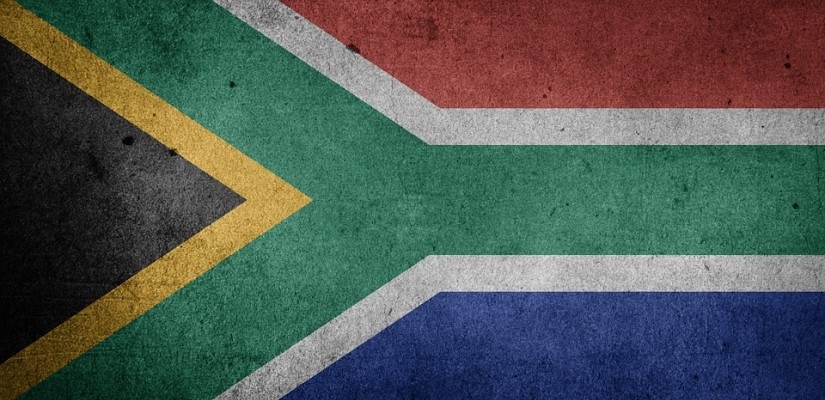While it was clear that the African National Congress (ANC) would win the general election in 2019, the extent of the party’s victory was critical. On May 8, 2019, approximately 27 million South Africans were eligible to cast a ballot on the future of South Africa’s politics as they elected a new National Assembly and provincial legislatures. Since the end of the apartheid regime and the ANC’s triumph under former President Nelson Mandela in 1994, the ANC proved hugely popular and has reaped the majority of votes ever since. Jacob Zuma’s presidency, however, has shaken the trust of South Africans in the ANC. The ruling party is now confronted with a declining popularity. Election results display a downward trend in voter turnout and a diversification of parties in the parliament as challengers contest the ANC’s dominance.
Turbulences have marked South Africa’s politics since President Jacob Zuma assumed office in 2009. Zuma’s popularity along with that of the ANC deteriorated after corruption scandals came to light and the country’s economy continuously spiraled downwards. Zuma surrendered power over the government and South African mines to the Gupta family business empire for lucrative deals. These developments aroused the anger of South Africa’s population and damaged the public image of the ANC, which once represented a widely supported liberation movement.
South Africans expected a turnaround of the country’s politics when Cyril Ramaphosa was elected leader of the ANC in December 2017. Two months later, he ousted Jacob Zuma and proclaimed a new era under his presidency. While Ramaphosa’s reformist agenda makes him popular among voters, internal party politics may destabilize his efforts. Supporters of former President Zuma within the ANC had anticipated a decreased majority victory for the ANC in the 2019 general election that would grant them the opportunity to challenge Ramaphosa.
58% of South African voters placed their trust in the ANC during the election. This means that Ramaphosa secured the majority of votes, but at the same time, suffered losses as results for the ANC sank below the symbolically significant 60% mark for the first time since the end of apartheid in 1994. Ramaphosa will have to demonstrate strength and strategic skill to maintain consistent leadership despite internal pressure.

A shift in the ANC’s support base is another hurdle that the party will need to overcome. The ANC is largely advocated by poor communities, black citizens in the countryside and in city townships. As urbanization progresses in South Africa, the ANC fears becoming a party whose following is mainly based in rural areas.
The Democratic Alliance (DA) obtained roughly 20% of all votes in the 2019 election. The DA finds its strongest support from white and black middle-class voters situated mostly in Western Cape province and big cities such as Cape Town, Johannesburg, and Pretoria. Once a party that represented the white citizens of South Africa, the DA’s major project is to rebrand itself under a black leader, Mmusi Maimane. The DA’s image reinvention as a party banking on the rule of law and a just government does not seem to have reached the majority of black voters so far.
In contrast, the left-wing Economic Freedom Fighters (EFF) have shuffled the South African political landscape and attracted young urban black voters in particular. During the 2019 election, the EFF gained about 10% of votes, doubling its approval rate compared to the last general elections in 2014. The EFF’s militant populism is based on the expropriation of property as 70% of South Africa’s land is still in the hands of white citizens. This agenda, however, could deter domestic and foreign investors and drive South Africa’s economy further into stagnation.
Voter participation continued to slim down from 89% in 1999 to 73% in 2014 and finally 66% in 2019. This development indicates voter fatigue stemming from a dissatisfaction with the ANC and the economic situation. Rising disapproval of South African politics grows out of not only the issue of land ownership but also high state debt, a falling gross domestic product, and massive unemployment rates of up to 27%. South Africa’s youth and black communities are affected most by this situation. In addition, Eskom, the country’s state-owned power station monopoly, struggles with financial mismanagement and electricity shortages, thereby extending the list of problems that the government will need to address.
The outcome of the 2019 general election validates that South Africans are trying to voice their discontent with these conditions. A steady downward trend in voter turnout, however, could have adverse effects on South Africa’s democracy in the long-term. Building upon its developed economy and state institutions, the state would benefit from reforming the ANC and stabilizing its position as a regional leader on the African continent. Whether positive changes will be implemented or internal discord in the ANC disrupts such efforts should be monitored in the near future.
